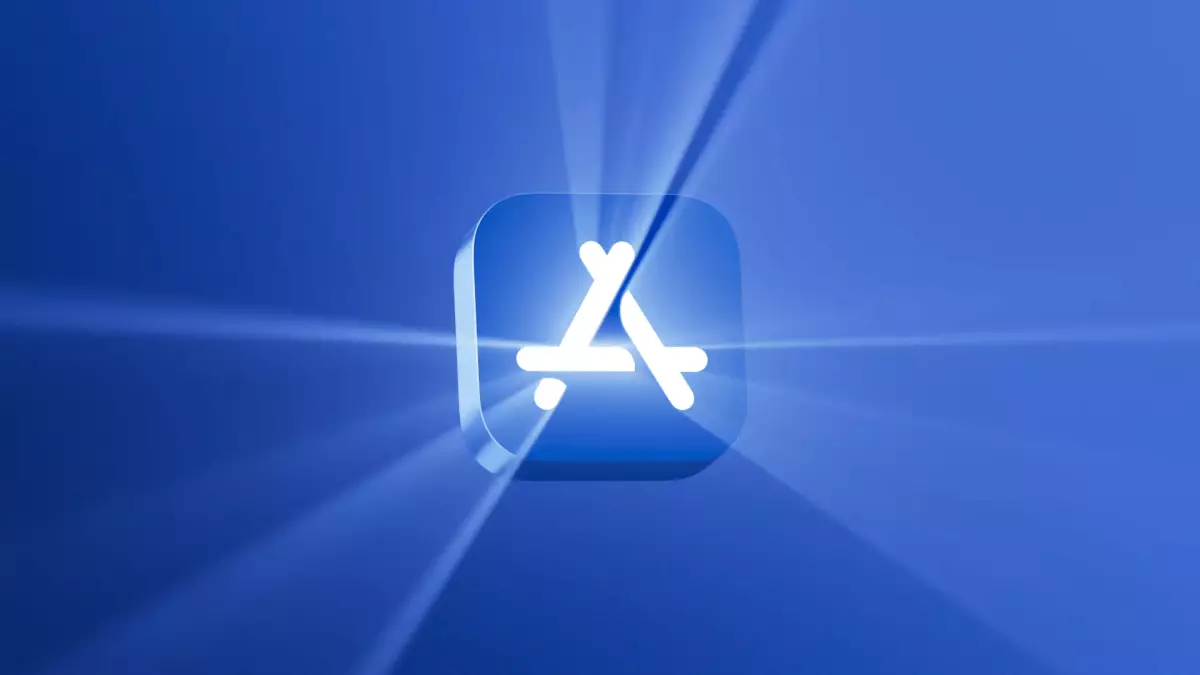The Apple App Store continues to be a cornerstone of mobile innovation, spotlighting remarkable applications that redefine user experiences. While ChatGPT holds the title of the most downloaded app on the iPhone App Store, it surprisingly did not receive the coveted iPhone App of the Year accolade. This year’s prestigious honor was awarded to Kino, a novel application specifically designed for videographers. Developed by Lux, the same team behind the acclaimed Halide photography app, Kino has been making waves since its launch in the spring of 2023.
Kino: Pioneering Video Recording
Kino distinguishes itself by offering a suite of in-app lessons and innovative features aimed at empowering iPhone users to maximize their videography skills. This approach is particularly significant in a world where visual content creation is booming, and the demand for high-quality mobile video has surged. By equipping users with essential tools and knowledge, Kino not only enhances the overall user experience but also contributes to greater creativity in mobile filmmaking.
In addition to Kino, the competition for the iPhone App of the Year included other noteworthy finalists: Runna and Tripsy. Runna customizes running plans for fitness enthusiasts, while Tripsy streamlines travel organization, showcasing the array of functionalities that modern applications can offer. Nonetheless, the absence of AI-driven applications among the finalists underscores a careful curation by Apple, which seems to prioritize human-centric experiences over automation. The decision reflects a commitment to fostering creativity, suggesting that Apple aims to highlight applications that enhance human interaction rather than fully substitutive technologies.
AI’s Subtle Presence in Other Categories
Although AI apps like ChatGPT didn’t feature among the finalists, they subtly resonated in other award categories. For instance, Adobe Lightroom, named Mac App of the Year, integrates AI features that enhance photography, while Moises, winning the iPad App of the Year, utilizes AI to facilitate musicians in their craft. These selections imply a recognition of AI’s role, albeit one that emphasizes its supportive rather than dominating function in artistic endeavors.
Beyond the main awards, Apple also celebrated a variety of applications that reflect cultural impact and utility. Notable mentions include Oko, an app designed to assist visually impaired users, and EF Hello, which caters to language learners. The inclusion of such diverse applications highlights Apple’s commitment to making a difference through technology, ensuring that the App Store remains a platform for innovation that serves all demographics.
The 2023 App Store Awards elucidate the evolving landscape of mobile applications, where creative expression and user-centered design intersect. As the technology continues to progress, the choice of award-winning apps emphasizes a narrative that appreciates not just functionality, but also the human experiences they foster. This perspective sets a precedent for future developments, shaping how we might interact with technology in increasingly meaningful ways. Ultimately, apps like Kino represent the opportunity for users to engage deeply with their tools, thereby enhancing not only individual creativity but also contributing to a vibrant community of mobile creators.

